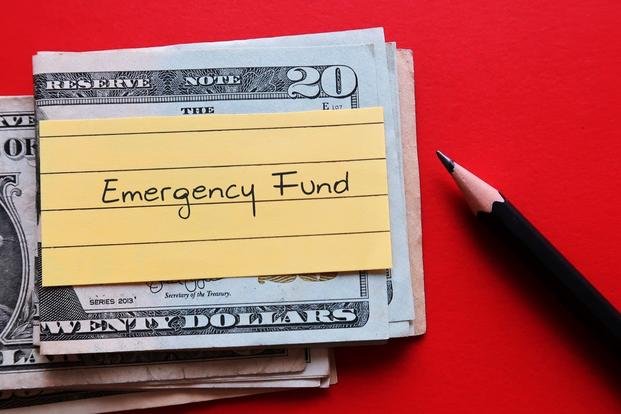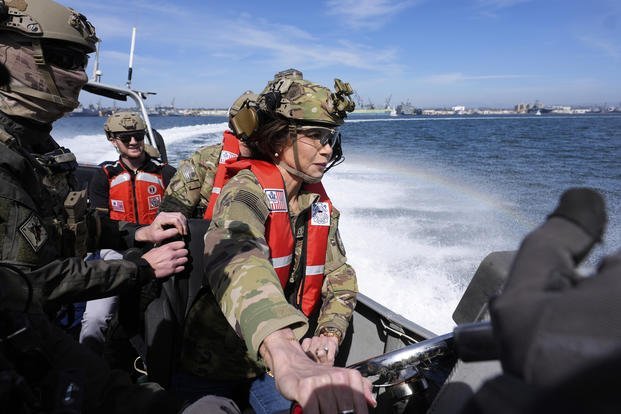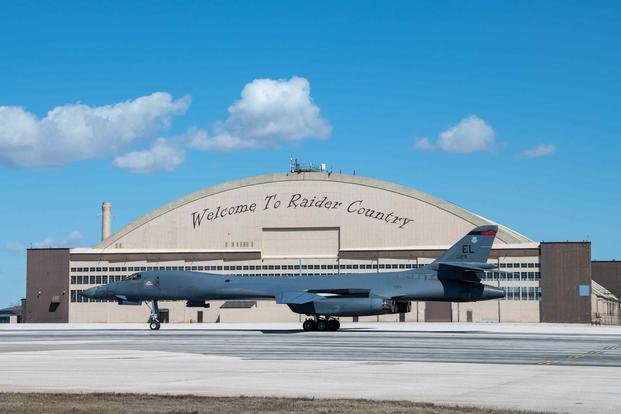
Veterans’ families are geared up for Friday’s special session of the Virginia General Assembly to review the massive changes made to the Virginia Military Survivors and Dependents Education Program, or VMSDEP. In May, the assembly passed a budget slashing the long-standing program that provided educational funds to the families of veterans most affected by military service.
This change sparked fierce objections from veterans groups and affected families, prompting policymakers to review the decision.
History and Impact of VMSDEP
In its current form, VMSDEP grants tuition waivers to the spouses and children of certain deceased and disabled service members and veterans at public colleges and universities in Virginia. The program provides an eight-semester tuition waiver to the dependents of those killed, missing in action, taken prisoner or permanently disabled because of their military service. Over the years, the program has enabled the dependents of these personnel to pursue higher education without the burden of financial constraints.
The Repeal: A Controversial Move
In mid-May, the Virginia General Assembly included significant changes to VMSDEP in the two-year budget that takes effect July 1. The assembly did not publicly seek input from stakeholders on the changes.
The changes require veterans’ families to exhaust other forms of federal or state financial aid before receiving any tuition waiver benefits. It also restricts the types of education that are eligible. Lastly, it changes the nature of disabilities that qualify.
The legislators justified their decision based on growing costs. According to a Virginia House Appropriations Committee report, the cost of VMSDEP waivers grew from about $12 million to $65 million from 2019 to 2023. The program amounts to an unfunded mandate, with the costs being borne by colleges and universities, and it’s reportedly experiencing an increase in dependents whose parents served in Iraq and Afghanistan.
Veterans organizations, educational institutions and affected families condemned the changes. Critics argue that the financial savings from the repeal are negligible compared to the massive economic benefit that Virginia receives from its veteran residents and the profound impact on the lives of military families. They also highlight that the program’s benefits are not merely financial but symbolic, representing the state’s commitment to honoring the sacrifices of its military personnel.
The Fight to Overturn the Repeal
Swift backlash gave rise to VMSDEP Friends, a grassroots effort that grew from 300 to 2,700 people in just six weeks. It has partnered with national veterans service organizations, launching a campaign to raise awareness about the program’s importance and to gather public support for its reinstatement.
VMSDEP Friends has attended all subsequent state meetings, drawing attention to the personal stories of those who have benefited from VMSDEP, including testimonials from students who have graduated thanks to the program and families who currently rely on its support. The emotional impact of these stories has been a powerful tool in garnering sympathy and support from the broader public.
Social media has also played a crucial role in the campaign. Hashtags such as #SaveVMSDEP and #SupportMilitaryFamilies have trended on various platforms, amplifying the voices of those affected by the repeal. Online petitions have garnered thousands of signatures, and advocacy groups have used these platforms to coordinate their efforts and disseminate information.
Legislative Response and Future Prospects
Despite signing the original budget bill, Virginia Gov. Glenn Youngkin (R) has called for repealing the changes.
The Virginia House of Delegates is set to meet Friday to review a bill to fully repeal the changes and restore the benefit. As of Wednesday morning, this legislation had 95 of 100 delegates signing on. The Senate Finance Committee did not advance a bill repealing the changes in a recent special session.
After the House meets Friday, the Senate returns Monday.
The Broader Implications
The fight to overturn the repeal of VMSDEP highlights broader issues related to how states support military families. It raises questions about the prioritization of budgetary allocations and the values that guide such decisions. Advocates argue that programs such as VMSDEP are a social contract between the state and its veterans, many of whom picked Virginia as their home specifically because of VMSDEP.
The debate also underscores the importance of public engagement and advocacy in shaping policy decisions. The swift and organized response to the repeal demonstrates the power of collective action and the impact that personal stories can have on public opinion and legislative outcomes.
Conclusion
The Virginia Military Survivors and Dependents Education Program has drawn veteran families to settle in Virginia. In return, Virginia has received the economic benefit of the $5 billion in annual disability compensation received by veterans residing there. VMSDEP beneficiaries often stay in Virginia, adding educated employees to the workforce.
The significance of VMSDEP cannot be overstated. For families that have lost a breadwinner or are grappling with the challenges of caring for a disabled veteran, this program has been a beacon of hope. It has allowed many to achieve educational and professional goals that might otherwise have been out of reach.
Keep Up With Military Pay Updates
Military pay benefits are constantly changing. Make sure you’re up-to-date with everything you’ve earned. Subscribe to Military.com to receive updates on all of your military pay and benefits, delivered directly to your inbox.



















